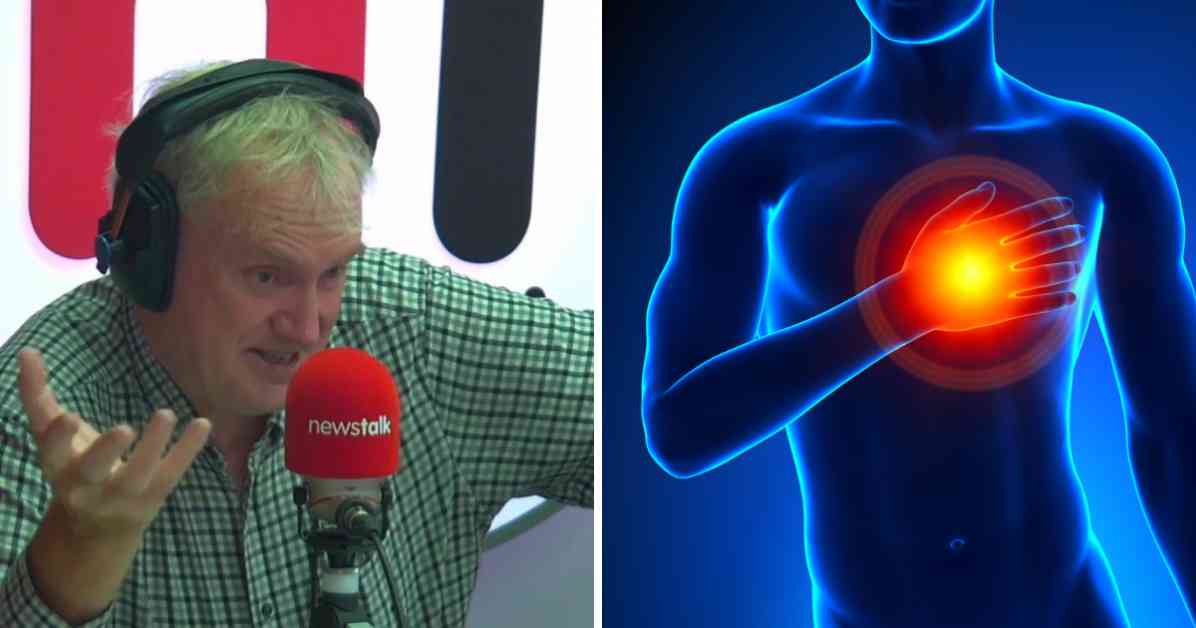Sleep has long been believed to have healing properties, and new research now confirms that good sleep can actually help heal your heart after a heart attack. Trinity Professor Luke O’Neill explains that the impaired sleep experienced by heart attack patients in the ICU can actually do more harm than good.
During treatment, the heart sends a signal to the brain to promote deeper sleep, which in turn sends a signal back to the heart to aid in healing. A specific immune cell called a monocyte plays a crucial role in this process by traveling from the damaged heart to the brain and triggering the thalamus, which controls sleep. This promotes restful sleep and allows the heart to heal more effectively.
The differences in healing time between individuals who had good sleep versus those who didn’t were significant, with those experiencing poor sleep taking much longer to recover. In fact, those with inadequate sleep had double the risk of another heart attack within two years.
Professor O’Neill emphasizes the importance of creating a calm and quiet environment for patients post-heart attack to encourage better sleep and faster healing. This may involve moving patients to a special room instead of the chaotic ICU setting. The study also highlights the link between disrupted sleep and increased blood pressure, further emphasizing the importance of quality sleep for heart health.
The implications of this research are far-reaching, with potential applications in treating insomnia by stimulating the thalamus to induce slow wave sleep. Understanding the interconnectedness between the heart and the brain in promoting healing through quality sleep opens up new possibilities for improving heart health outcomes.
In conclusion, prioritizing good sleep post-heart attack is essential for allowing the heart to heal effectively. By following guidelines to create a calm and restful environment for patients, hospitals can help facilitate better sleep and ultimately improve recovery outcomes. This research sheds light on the powerful connection between sleep and heart health, offering valuable insights for future treatment strategies.













